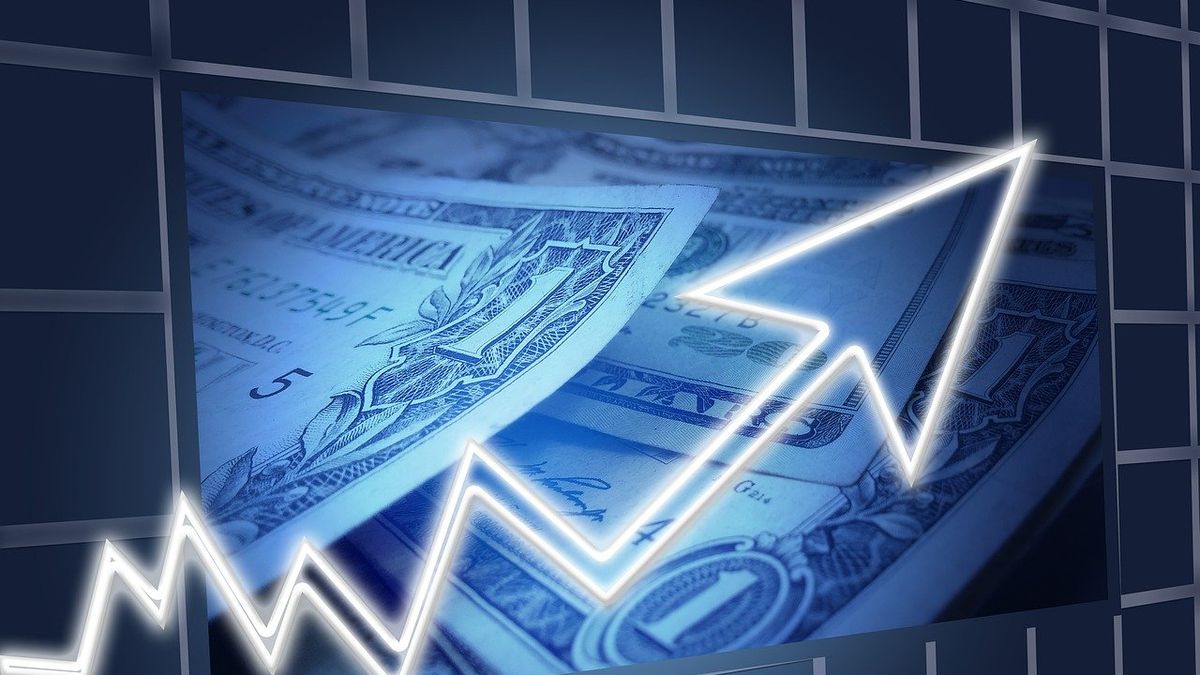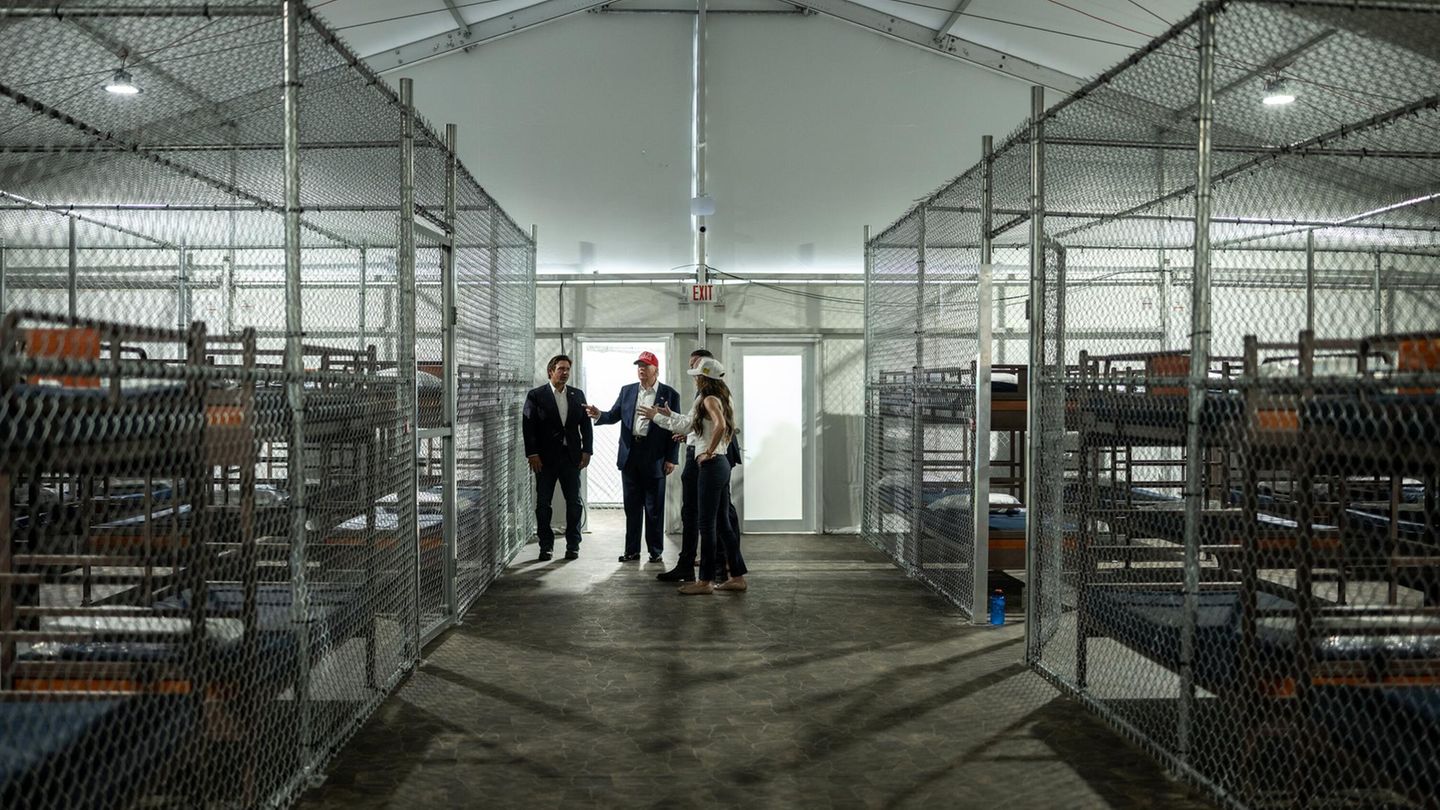He Dolar blue rose again in Argentina and was close to its historical maximum, so the exchange difference between the neighboring country and Uruguay is accentuated again, generating signals of attention for the government headed by the president Luis Lacalle Pou.
The US currency that is quoted in the parallel market of the neighboring country increased by more than 100 Argentine pesos today and was close to its nominal record, in the first exchange day after the triumph of the president-elect Javier Milei in the runoff against the official Sergio Massa, which generated different expectations in the markets.
Specifically, the Dolar blue closed at 1,025 for purchase and 1,075 for sale, close to the maximum of 1,100 Argentine pesos, according to a survey by Ambit Argentina in the “caves” of the Buenos aires city.
In this way, the bill has accumulated an increase of 729 Argentine pesos so far this year and the gap with the exchange rate officer, whatsand negotiated 351.55 pesos for purchase and 371.55 pesos for sale, it reached 202%.
What are the aspects that the Uruguayan government is following closely?
He Central Bank of Uruguay (BCU) monitors the situation in the neighboring country and in the minutes of the last Monetary Policy Committee (Copom), published this Tuesday, warned that “in Argentina, “Uncertainty persists regarding how the macroeconomic situation will evolve during 2024.”
This is not the first time that the government has made official its concern about what is happening in Argentine territory, since the exchange difference It affects internal consumption, sales in stores and collection, among other aspects.
The situation generated mentions of himself Lacalle Pou, who recently stated that the price gap “It generates a certain helplessness, because it does not depend on us.” The Minister of Economy and Finance expressed himself along the same lines, Azucena Arbeleche, who admitted that “the purchases of Uruguayans in Argentina harm the growth and tax collection of Uruguay”.
Along these lines, a study of Exante revealed that the diversion effect resulting from the spending of Uruguayan citizens in the neighboring country will take at least half of the growth of the domestic consumption, which will be 3%.
The CFA warned of the deterioration of the Argentine economy
Another entity that had spoken out with concern about the situation in Argentina was the Fiscal Advisory Council (CFA), then made up of economists Alfonso Capurro, Aldo Lema, Ana Fostel and Ignacio Umpiérrez.
On that occasion, the specialists warned about the “macroeconomic imbalances” of the neighboring country, speaking of “a context of high monetary financing of the fiscal deficit, inflation “chronic triple digits, multiple exchange rates, scarcity of international reserves and no access to the international debt market.”
Source: Ambito




